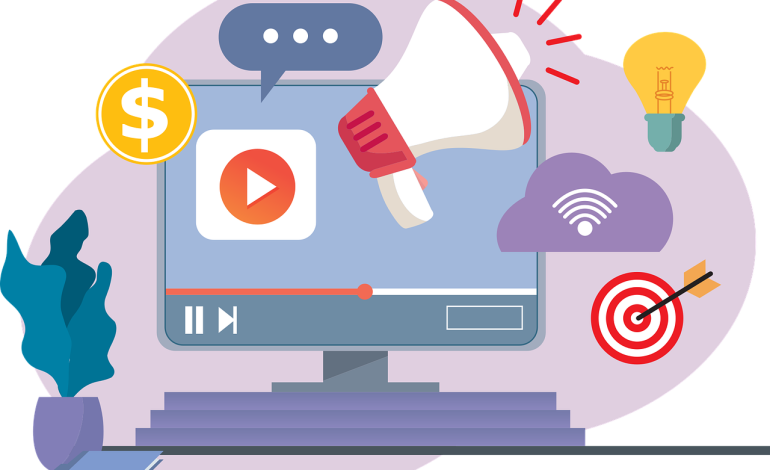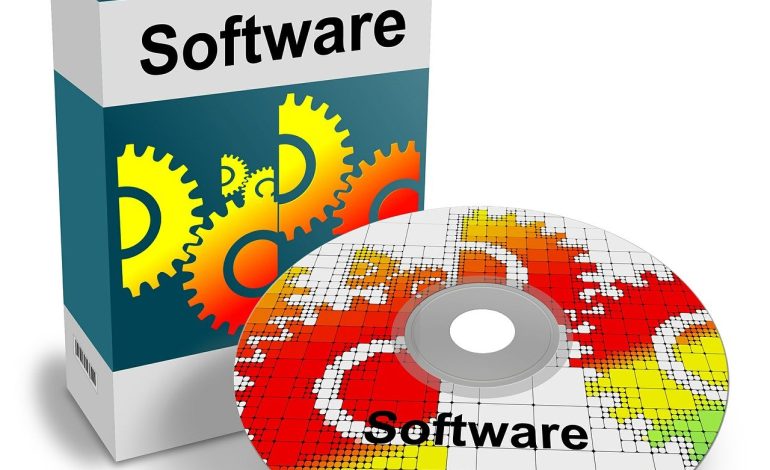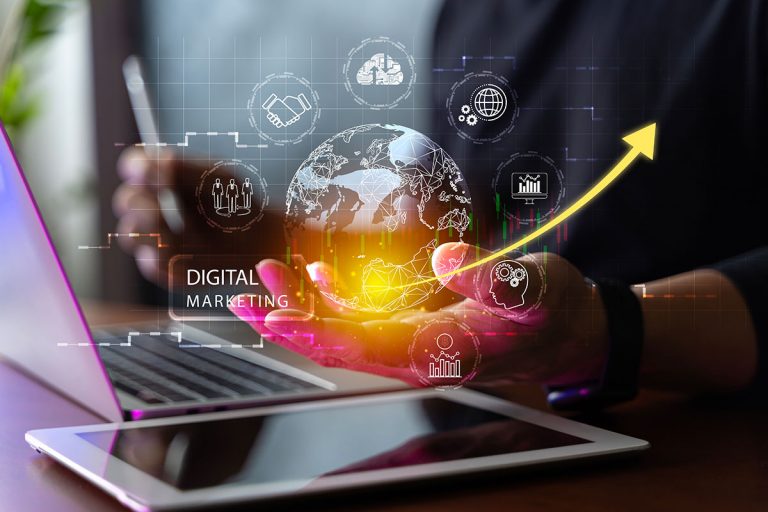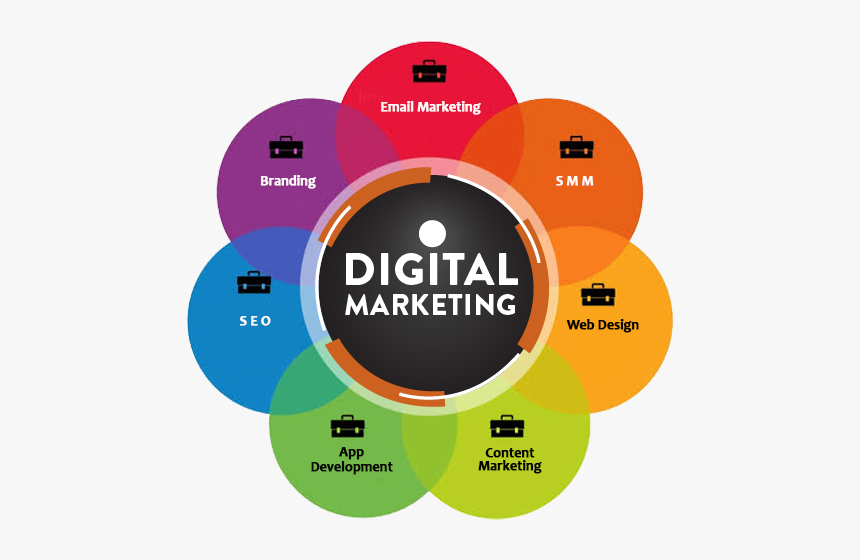
Personalization in Digital Marketing: Creating Unique Customer Experiences
IMAGE CREDIT: PIXABAY
In today’s competitive digital landscape, personalization in marketing has become a key strategy for businesses aiming to connect with customers on a deeper level. With advancements in technology, AI-powered personalization in digital marketing has transformed how brands engage with their audiences. Personalization allows companies to deliver tailored experiences, making interactions more relevant, meaningful, and ultimately, more successful. In this article, we’ll explore examples of personalization in digital marketing, why it’s important, and how AI is shaping the future of personalized customer experiences.
What Is Personalization in Marketing?
Personalization in marketing refers to the practice of using customer data and insights to deliver tailored content, products, and services that meet the specific needs of individual customers. This approach goes beyond simply addressing customers by their names in emails—it’s about creating an experience that feels uniquely relevant to each person, making them feel valued and understood.
Personalization is a dynamic process that can take many forms, from product recommendations to custom-tailored emails and content. By leveraging consumer behavior, preferences, and past interactions, businesses can curate a highly personalized experience that speaks to the individual’s interests and needs.
The Importance of Personalization in Digital Marketing
Personalization has become a cornerstone of modern marketing. Here’s why it’s so crucial for success:
- Improved Customer Engagement Personalized experiences lead to higher customer engagement. When customers receive content, offers, and recommendations that are relevant to them, they are more likely to interact with the brand, whether it’s through clicking on an ad, engaging with an email, or making a purchase. This deeper connection fosters long-term relationships and loyalty.
- Increased Conversion Rates Personalization increases the likelihood of conversions by offering targeted solutions to the customer’s specific needs. For example, an AI-powered personalization in digital marketing tool can analyze past behavior to offer tailored product suggestions, leading to more conversions.
- Enhanced Customer Retention Customers are more likely to return to brands that offer personalized experiences. When a company understands its customers’ preferences and anticipates their needs, it creates a sense of value and trust, which encourages repeat business.
- Optimized Marketing Efforts By segmenting audiences and personalizing marketing messages, companies can create highly effective campaigns. Personalization allows for more precise targeting, which ensures that marketing efforts are not wasted on irrelevant audiences. This leads to more cost-efficient campaigns.
Examples of Personalization in Digital Marketing
Here are a few examples of personalization in digital marketing that highlight its effectiveness:
- Email Marketing Campaigns Personalization in email marketing is one of the most common and effective forms of customization. Brands can segment their email lists based on user behavior, demographics, and past purchases. By delivering content and offers based on this data, businesses can boost open rates and conversion rates.
- Product Recommendations E-commerce giants like Amazon and Netflix use personalization to suggest products or shows based on past interactions. This is an example of AI and personalization in digital marketing. By analyzing past behavior, these companies recommend items that are likely to resonate with the individual consumer, increasing the chances of a sale or engagement.
- Dynamic Website Content Websites that change based on user data are increasingly common. A fashion website, for example, might display different products based on the customer’s past browsing history or location. Personalization in the digital marketspace is crucial for delivering tailored web experiences that keep users engaged.
- Targeted Ads Ads that are personalized to a user’s preferences are more likely to capture attention. Digital advertising platforms like Google and Facebook use extensive data to deliver relevant ads to users, increasing the likelihood that they’ll click through and make a purchase.
- Personalized Search Results Search engines like Google offer personalized search results based on the user’s past behavior. This helps deliver the most relevant content and products, ensuring that the user experience is tailored to each individual.
AI and Personalization in Digital Marketing
The integration of AI in digital marketing has significantly enhanced the power of personalization. AI-powered personalization in digital marketing uses machine learning algorithms to analyze customer data and predict preferences, allowing brands to deliver highly personalized experiences at scale. Here’s how AI is transforming personalization:
- Predictive Analytics AI can predict customer behavior by analyzing past data, helping businesses anticipate customer needs and preferences. By doing so, AI helps companies offer personalized recommendations and content before a customer even explicitly expresses interest.
- Real-Time Personalization AI enables real-time personalization, meaning that brands can adjust content, offers, and interactions based on a customer’s current behavior. Whether it’s a website visit or a product inquiry, real-time personalization helps create a seamless and relevant customer experience.
- Automated Content Generation AI tools can create dynamic content that adapts to individual preferences. This could include personalized emails, landing pages, and advertisements, all of which are customized to the individual in real time.
- Chatbots for Personalized Interactions AI-powered chatbots can engage with customers in a personalized manner by using natural language processing (NLP) to understand customer queries and respond with tailored solutions or product recommendations.
Personalization in the Digital Marketspace Is Here to Stay
As consumer expectations continue to rise, personalization is becoming more than just a trend—it’s a necessity. Personalization in the digital marketspace is transforming how businesses interact with customers and will only grow in importance. Companies that embrace personalization will be better equipped to deliver superior customer experiences and stay ahead of the competition.
The future of personalization in marketing is closely tied to advancements in AI and machine learning, which will enable even more sophisticated, data-driven personalization strategies. As technology continues to evolve, so will the opportunities for creating unique, highly relevant experiences that drive customer loyalty and business success.
Conclusion
Personalization in digital marketing is no longer a luxury; it’s a critical element of business strategy. Whether through AI-powered personalization in digital marketing, personalized product recommendations, or tailored email campaigns, businesses are discovering that the more relevant and unique the experience, the more likely they are to engage customers. By focusing on personalization, companies can improve customer engagement, boost conversions, and foster long-term loyalty. The future of marketing is personalized—and it’s here to stay.
RELATED TOPICS
Content Marketing in Building Brand Authority – TECH GROWE
Effective Marketing Strategies for Market Expansion in 2025 – TECH GROWE





